Tears filled his eyes as he remembered the feeling of losing his grandfather and not being able to be with his extended family in Mexico during the time of sorrow.
Edy Angel Dominguez Quezadas, a Chicago resident, is one of more than five million undocumented immigrants separated from their families by the U.S.-Mexico border.
He is also a member of the immigration committee at Holy Cross/Immaculate Heart of Mary Parish Church in the Back of the Yards neighborhood, which is a group of individuals who advocate for immigration reform. Additionally, the group provides the community with resources and helpful information about their rights—or lack thereof—as immigrants.
The Dominguez family was reminded that because of their documentation status, they would not be with the rest of their family in Mexico during the funeral.
“One of the things she said was, ‘If I had papers, I could be going on an airplane right now,’ I remember she was very angry and frustrated that she wasn’t going to be able to go,” Dominguez Quezadas said about his mother.
The immigration committee at the worship place is, for some of the members, a chance to give back and an outlet to push for justice and equality for the immigrant community in America, starting with their own neighborhood.
“I don’t think there is a better reason than that to think about why I do this,” Dominguez Quezadas said. “I’m pretty sure that all of us want to go and see our families again and want to be a part of the happy things, like weddings, quinceañeras, birthdays.”
The group also offers the neighborhood informative workshops and prayer services for immigration awareness.
But committee member Adriana Velazquez said it’s about more than just serving a community through direct services and spirituality.
“It’s also about empowering and creating awareness,” Velazquez said.
Dreamers and Allies Unite
Founded in late 2007, the immigration board is a subcommittee of the parish council at the church, said José Alonso, co-founder of the organization.
Alonso, an attorney at the Legal Assistance Foundation in Chicago, organized voter registration and awareness while at Northwestern University with a group of college-aged volunteers, which later flourished into what the organization is today.
“Now, we’re raising money for scholarships, we’re running Deferred Action clinics, we’re holding religious events to raise a consciousness,” Alonso said.
The group held a workshop in September where a representative from the Secretary of State’s office gave a presentation on obtaining a Temporary Visitor’s Driver’s License (TVDL), which helps individuals without social security numbers obtain licenses in Chicago.
But one of the fastest growing fundraising methods for the church-based organization is the Dreamers and Allies Run scholarship.
The idea came last year when committee member Hugo Alberto Dominguez Quezadas decided to run the Chicago Marathon to raise money for undocumented students, who face challenges when applying for financial aid in college due to their immigration status.
The 24-year-old, an undocumented student at Northeastern Illinois University, knows first hand the hardships and frustrations undocumented students face when funding their educations.
As a result, three runners, including Hugo Dominguez, donned T-shirts that read, “I run for undocumented students” and ran the 26.2 miles of the race in 2012, raising $26 per mile towards scholarship funds. The group was able to give out nine scholarships from their 2012 effort.
For the Chicago Marathon this year, 13 runners including the Dominguez Quezadas brothers—who days before learned of their grandfather’s passing—hit the pavement with the same goal in mind.
The members of the group felt a great sense of accomplishment to have quadrupled the number of runners and amount of money for the scholarships in just one year, Hugo Dominguez said.
“I’m sure that next year we’re going to have more runners,” Hugo Dominguez said. “We’ve already had people tell us they want to run and help out with the cause. This is something we’re going to keep doing.
Undocumented. Unafraid. Unapologetic.
Many immigrants across America are using those words to describe themselves today and the group in the Back of the Yards is helping more immigrants do the same in the Chicago area.
Quintiliano Rios Perez, another a member of the organization, is a graduate of DePaul University. He is also undocumented, something that not too long ago was unmentionable, he said.
“At first it was a taboo, to be talking about being undocumented, because there was always that fear that our parents passed on to us saying, ‘You shouldn’t be saying that you’re undocumented, you need to stay off the radar,’” Rios Perez said.
But little by little, that philosophy changed. Rather than hiding, undocumented students started coming out of the shadows, he said.
“They started saying, ‘I’m undocumented, this is what I’m doing and I’m unafraid. I’m willing to change the system. I’m willing to come out for my family, for my community,’” Rios Perez said.
Made up of Dreamers—those who qualify for the DREAM Act—and allies—those who understand the concept of being an immigrant—the group encourages others to stand up for what they believe is right and advocate for immigration reform.
Alonso is and always has been a U.S. citizen, but the same wasn’t always true of his parents.
“I remember the stories, like my parents having to go see an attorney and just the fear of being undocumented and the limitations you have,” Alonso said.
Although Alonso has never been personally affected by the immigration system, he still sees a need for a clearer pathway to citizenship.
“I still have family and very close friends who are undocumented,” he said.
The fear that remains
Immigration policy has paved the way to stop deportations for at least some individuals through the Deferred Action for Childhood Arrivals memorandum. The process allows those who were brought to the United States before the age of 16 to obtain work authorization for a period of two years. Applicants must be enrolled in school, have graduated or received a certificate of completion from high school and have a clean criminal record.
Velazquez said she finally felt a sense of relief when Deferred Action was passed in June 2012.
Because of the process, the 23-year-old, a student at Northeastern University Illinois, has the opportunity to work in her field when she graduates.
But she still struggles with the immigration system today because it doesn’t protect her parents from deportation.
“My dad is getting older, my mom is getting older,” Velazquez said. “Obviously they’re not elderly yet, but there’s going to be a point where they’re not going to be able to work anymore and without papers, without documentation, it’s really hard to think of the future.”
She added that her mom wants to go to school and get a degree but faces difficult challenges because she is not considered a “Dreamer.”
“Even though we have Deferred Action, my biggest struggle, and I know that it’s the same for many of us, is that our parents who are deserving residents, deserving people, are not getting a benefit that should be a right,” she said.
The committee’s ultimate goal is to advocate for the Comprehensive Immigration Reform bill in the sense that it would allow for citizenship for all individuals—not just youth, Rios Perez said.
[pullquote]“We want our communities to stop being terrorized,” he said. “The fear that going out to work, driving long distances and then getting stopped, or somehow getting involved in the deportation process, we want that to stop. We want to stop living with fear and be respected as workers and contributors to this country.”[/pullquote]


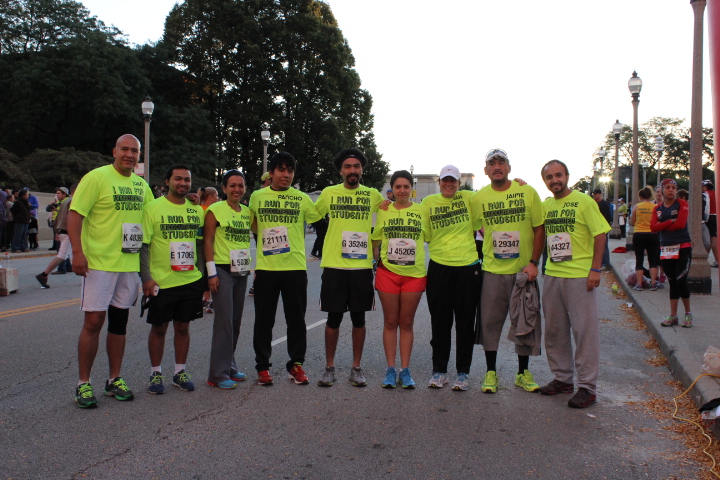
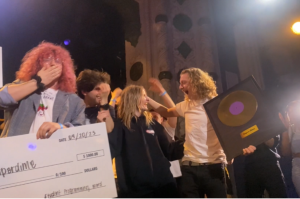
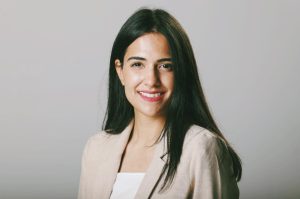
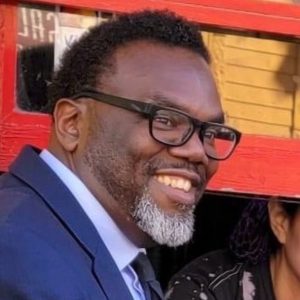
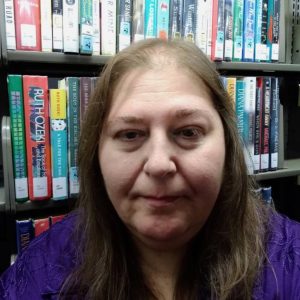






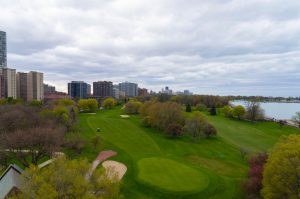
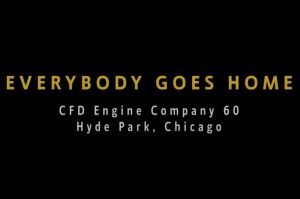
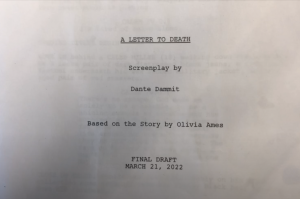
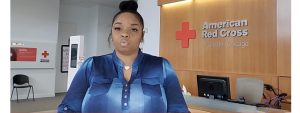
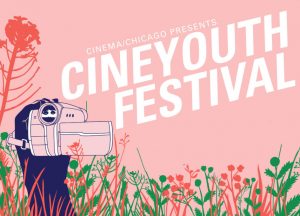





Be First to Comment